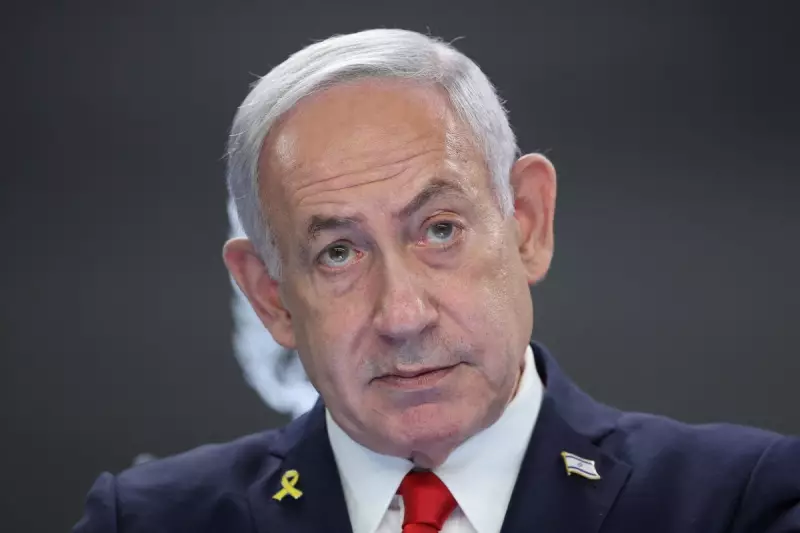
Israeli Prime Minister Benjamin Netanyahu has delivered a stinging rebuke to Australian leader Anthony Albanese, publicly rejecting his calls for a two-state solution to the Israel-Palestine conflict. The diplomatic confrontation erupted after Mr Albanese joined 56 other nations in signing a joint statement advocating for Palestinian statehood.
A Direct Dismissal of Allied Diplomacy
In a sharply worded statement, Mr Netanyahu's office declared that Israel "flatly rejects international dictates regarding a permanent settlement with the Palestinians." The response continued with a defiant tone: "The settlement will be achieved only through direct negotiations between the parties, without preconditions."
The Israeli leader's office went further, stating Australia's position would only serve to "harden the Palestinians' position and distance peace." This public dismissal of a key ally's diplomatic stance marks a significant escalation in Israel's approach to international criticism.
Australia's Controversial Position
Prime Minister Albanese had joined leaders from Canada, New Zealand and other nations in declaring: "A two-state solution is the only way to ensure lasting peace and security for both Israelis and Palestinians." The statement specifically called for both states to "live side by side within secure and recognised borders."
The joint declaration also addressed the ongoing Gaza conflict directly, urging both parties to "commit to building conditions for peace and to restart a political process." This international intervention comes amid mounting global concern over the humanitarian situation in Gaza.
Escalating Tensions and Regional Implications
The public clash between the Israeli and Australian leaders reflects deepening international divisions over the conflict. Mr Netanyahu's outright rejection of what he terms "international dictates" signals a hardening position despite growing diplomatic pressure.
This incident represents one of the most direct confrontations between Israel and Western allies since the conflict began. The public nature of the exchange suggests both sides are willing to risk diplomatic friction over their fundamental positions on Palestinian statehood.
The breakdown in diplomatic consensus highlights the challenges facing international efforts to mediate in the conflict, with key allies now openly divided on the path toward resolution.





